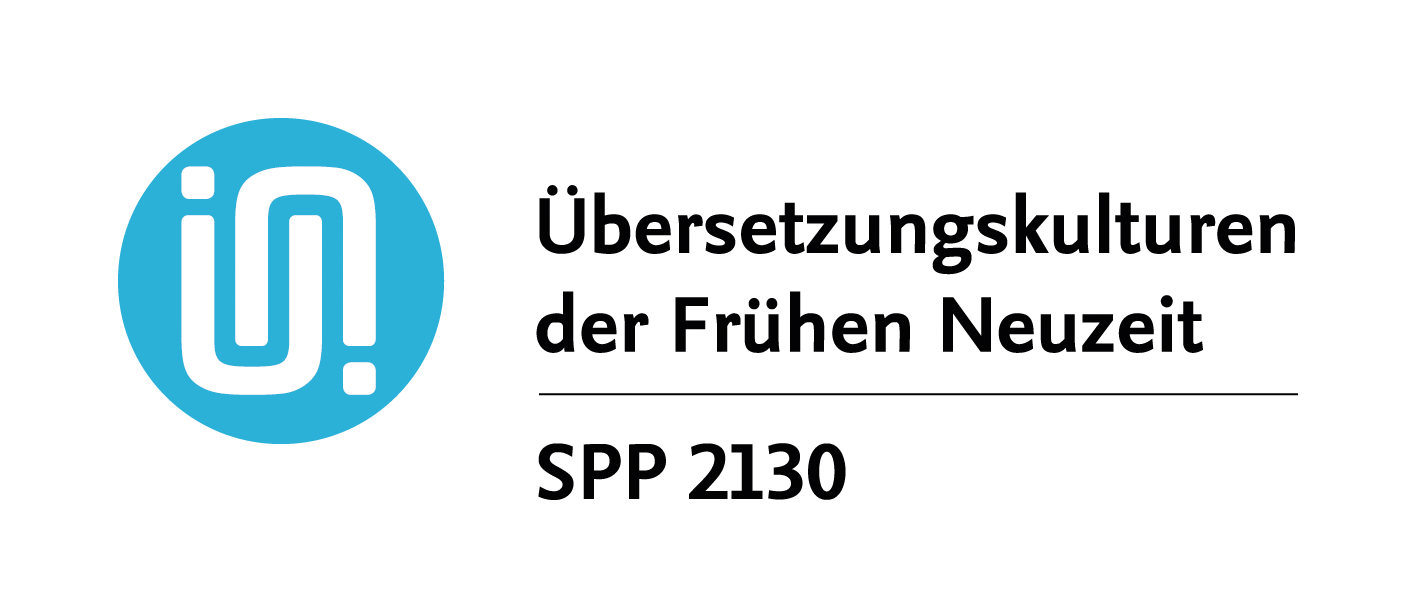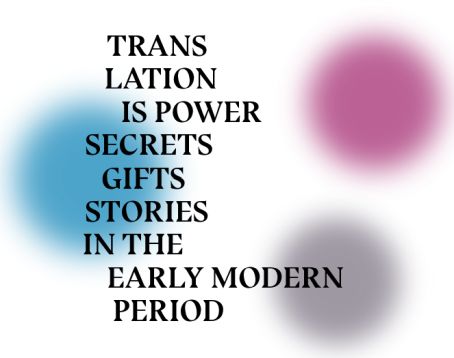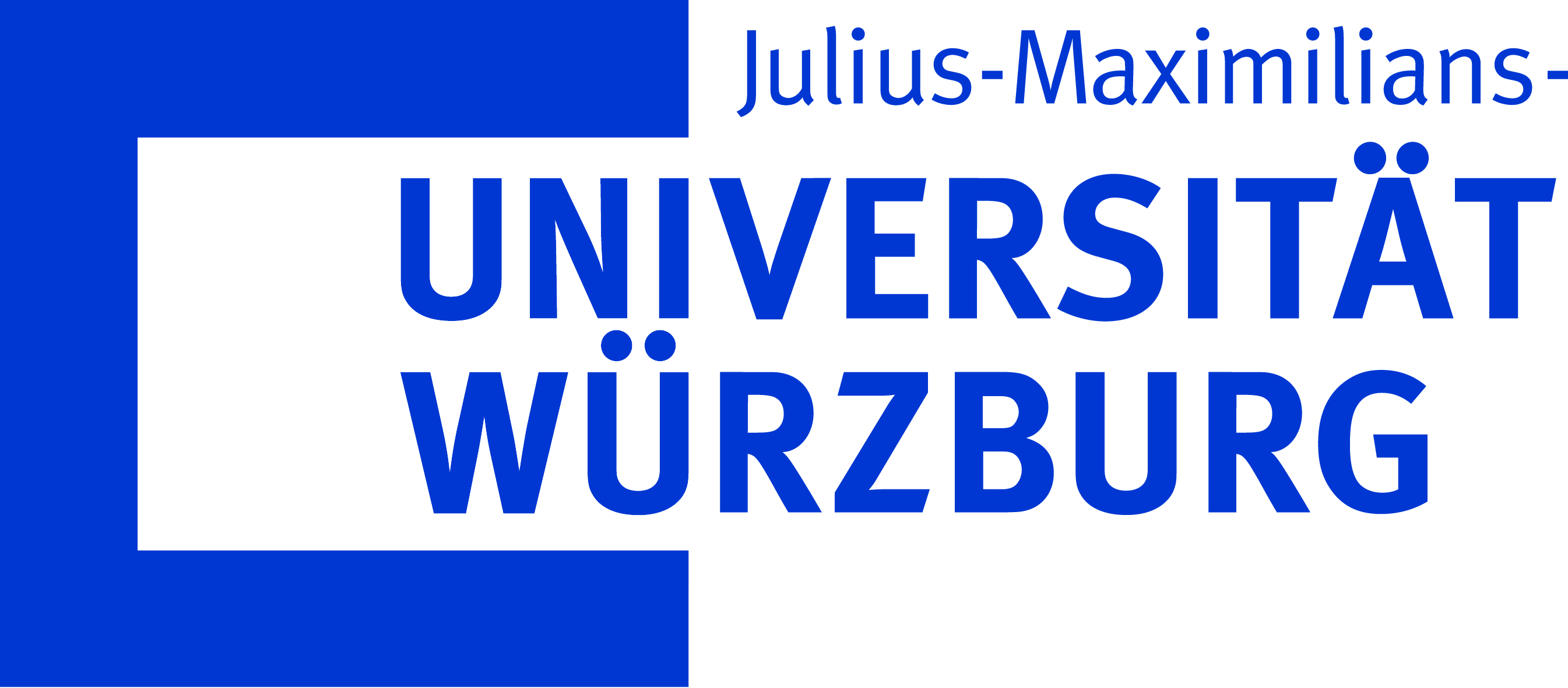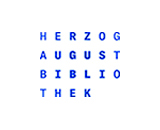II Section 2
Section 2: Anthropology and Knowledge (director: Regina Toepfer)
Translation is a culture-endowing practice with which contents are conveyed into a new language system, literature and knowledge formation take place, and at the same time power structures are balanced. The differing accentuations in the source and target texts testify to how norms are adapted and transformed to take hold anew in a society. Translations contribute to the constitution of identity and the formation of social hierarchies in that they are produced by human beings for human beings and address human affairs. In the transfer process, images of the world and of mankind, and in particular conceptions of gender, class and race are often explicitly – but always implicitly – reflected on, are usually binary in structure, and are established for the long term. Translations of the Early Modern period reflect the contemporary discussions that were sparked by the Protestant movement and continued in the confessional cultures – discussions about the differing values and roles of men and women, clerics and laypersons, married couples and members of cloisters, the believers and the disbelievers, princes and subjects, courtiers and citizens, the educated and the illiterate, old and young, the sick and the healthy.
The second section adopts approaches of gender and intersectionality research and combines them with historical translation research. This paves the way for practicing an archaeology of anthropological knowledge and examining the translation-cultural construction of the categories of gender, sexuality, ethnicity, nation, class, religion, health, origins, education and ownership.
Projects
Prof Dr Regina Toepfer, Jennifer Hagedorn, Dr Rahel Micklich
Translational Anthropology. German 16th-Century Translations of Ancient Literature from the Perspective of Intersectionality Research
PD Dr Susanne Greilich, Prof Dr Hans-Jürgen Lüsebrink, Carla Dalbeck
Translational Dimensions of Encyclopaedism in the Age of Enlightenment. 2nd Phase: Transatlantic Knowledge Transfer and the Dynamics of Cultural Translation. Textual Filiations, Cultural Transformations, (Post-)colonial Asymmetries
Dr Cecilia Muratori
Translating German Mysticism: The Construction of a European Idea
Dr Enrica Fantino
Lucian in the Early Modern German Translation Culture




